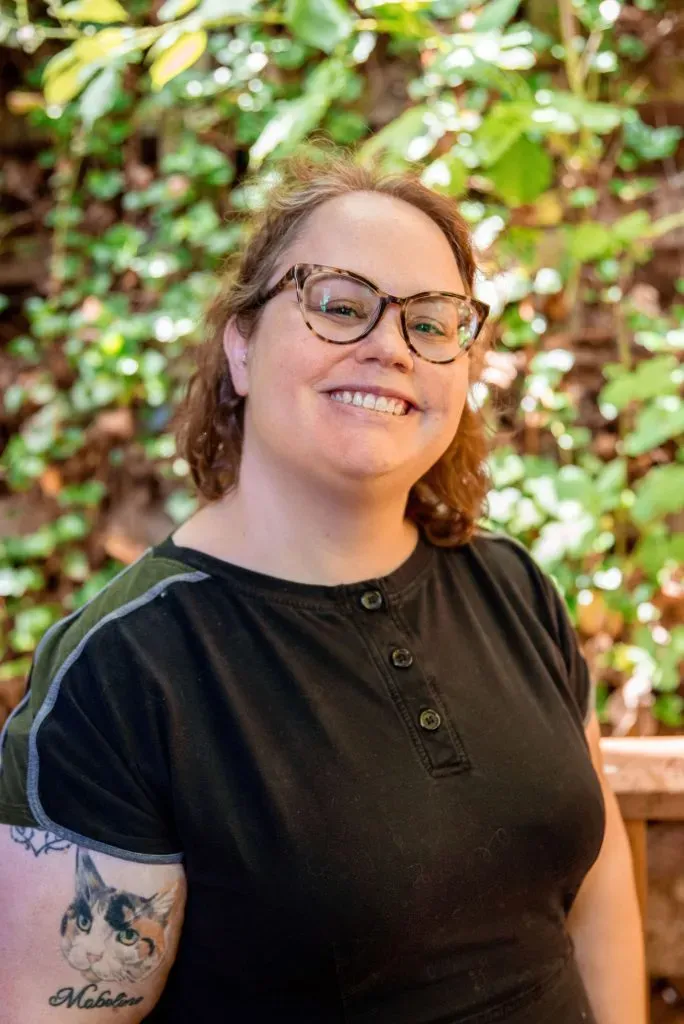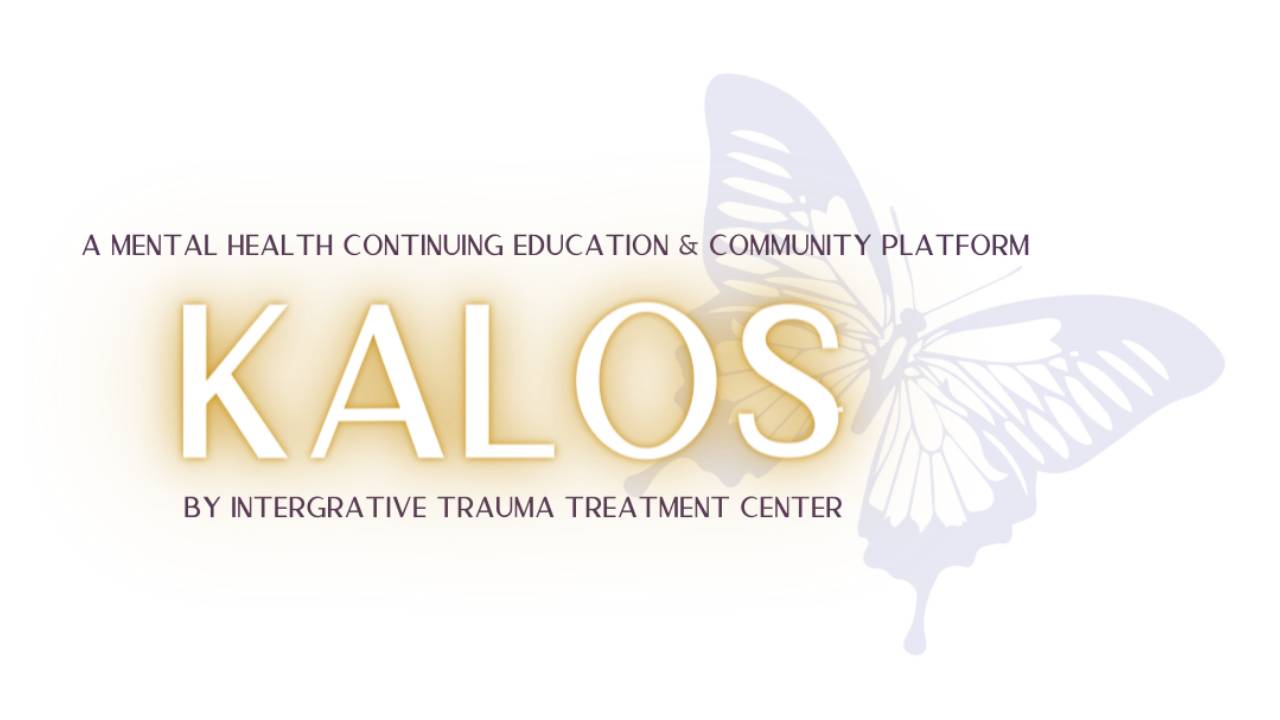Trauma-Informed Clinical Supervision Training
For Aspiring and Current Supervisors Who Want to Lead with Integrity, Insight, and Impact.
September 22 - 26, 2025 | 9:00 AM - 4:00 PM PST | Live on Zoom
About This Course
Ready to step into supervision with confidence, clarity, and heart? This training will equip you with everything you need to supervise through a trauma-informed, culturally responsive, and ethically grounded lens. You’ll learn how to build trust-based relationships with your supervisees, give feedback that empowers growth, and navigate real-world challenges with both compassion and structure. We’ll cover everything from documentation and group dynamics to legal responsibilities and self-care—so you leave not just informed, but transformed. Whether you're new to supervision or ready to re-anchor your practice, this is the space to reconnect with your purpose, deepen your skills, and show up fully for those you lead.
Key Learning Objectives:
-
Embed trauma-informed principles like safety, trust, empowerment, and transparency into every layer of supervision—from documentation and session structure to the relational space between you and your supervisee.
-
Navigate ethical and legal responsibilities with clarity and confidence, using structured decision-making models and understanding licensure requirements—especially in Oregon, Washington, and California—while also integrating cultural competence and intersectionality.
-
Apply evidence-based supervision models, set clear and meaningful goals, and use practical tools that promote accountability, growth, and autonomy in your supervisees.
-
Build and sustain strong supervisory relationships, foster psychological safety, manage challenging group dynamics, and skillfully address conflict and feedback with trauma-informed strategies.
-
Prioritize your own well-being by modeling healthy boundaries, recognizing burnout, and developing sustainable supervision practices that support long-term professional and personal health.
Course admission requirements:
Minimum of a Master's Degree in a mental health or related field; or be a student in social work, psychology, counseling, or a related field. In Low- and Middle-Income Countries, a minimum of a Bachelor's degree in social work, psychology, counseling, or a related field is required.
Enroll in Just this Course
MEET THE PRESENTER
Catherine Sims, LPC- Clinical Director
I believe that identification of how one’s environment, thoughts, behaviors, and feelings influence each other and understanding the role that they play in our lives is key to making changes and adopting a healthy perspective. I provide tailored and objective support to help navigate through life events and circumstances that have created conflict or caused unrest.
In 2006, I pursued a master’s degree in Clinical Counseling Psychology from Chestnut Hill College in Philadelphia, PA. It was in this setting that my interest in trauma work was nurtured and encouraged. I began my career in social services; gaining experience through the shelter and justice systems, as well as Community Mental Health. During this time, I joined the American Red Cross as an active member of the local Disaster Action & Response team. My connection with the Red Cross has lasted more than a decade and stretched across the country. In 2010, I accepted an international position (Saudi Arabia) as a Psychology Instructor. After returning to the United States, in 2015, I set up a private practice in Washington, DC. In addition to my clinical work, since 2016 I have worked as a Regional Site Supervisor, an adjunct faculty member, and a masters-level supervisor to students enrolled at The Family Institute @ Northwestern University. Currently, I am a multi-stated Licensed Professional Counselor (OR, NY, DC) and maintain a board certification in Telemental Health (BC-TMH, 2018).
My 15+ year career has afforded me the opportunity to develop integral clinical and administrative skills, a clear ethical code, strong cultural competency and humility, and a supervisory style that is supportive, collaborative, and strength-based.


MEET THE PRESENTER
Eliza Butler, LCSW
Assistant Clinical Director – Therapist
As a clinician, I believe that you are the expert on your own life and my role is to assist you in finding the path that will lead to the life you want to live. My goal is to collaborate with you to find that path. I use techniques of acceptance and commitment therapy and psychodynamic talk therapy to help in resolving roadblocks of trauma and other challenges. I primarily work with adults with ADHD and autism, typically those who were not diagnosed with neurodivergence until adulthood. I hold a Bachelor of Arts in Fiction Writing from Columbia College Chicago, and I earned a Master of Social Work from Loyola University Chicago in 2016.
Course Structure:
-
30 CEU Hours (including 6 hours of ethics)
-
Zoom-based, but fully interactive: think live case studies, small group breakouts, and guided discussions—not passive webinars.
-
Daily Schedule: 7 hours/day including a 1-hour lunch break
-
Dates: Monday–Friday, September 22–26, 2025
Continuing Education (CE) hours
30 NBCC CE hours are available for licensed mental health providers. Please check with your licensing board to confirm that NBCC CE hours are accepted.
Integrative Trauma Treatment Center (ITTC) has been approved by NBCC as an Approved Continuing Education Provider, ACEP No. 6912. Programs that do not qualify for NBCC credit are clearly identified. Integrative Trauma Treatment Center (ITTC) is solely responsible for all aspects of the programs.

Become a Member!
A monthly subscription to ITTC’s Professional Learning Community, KALOS Includes:
- Unlimited Access to on demand courses and workshops with more being added all the time.
- Access to the Learning Community where you can connect with colleagues worldwide.
- Discounts on our live events like trainings, webinars, retreats, and our Trauma Summit.
All courses offer continuing education credits unless otherwise indicated.
Join KALOS
